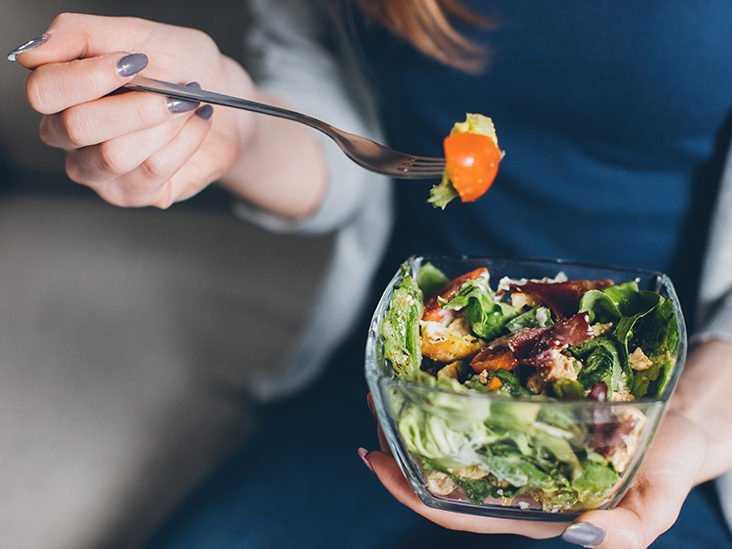
Vegan Diet Foods Health Benefits
Studies show that vegans have better heart health and lower odds of having certain diseases. Those who skip meat have less of a chance of becoming obese or getting heart disease, high cholesterol, and high blood pressure. Vegans are also less likely to get diabetes and some kinds of cancer, especially cancers of the GI tract and the breast, ovaries, and uterus in women.
Going vegan might even help you live longer, especially if you also cut down on your daily calories.
Better weight control may be one reason for all of these health benefits. Vegans have a lower body mass index than people who eat animal-based products.
Good nutrition is another perk. Fruits, vegetables, whole grains, and nuts are staples of the vegan diet. These foods are rich in fiber, antioxidants, and compounds that help protect against diseases like diabetes and cancer.
Vegan Foods Risks
A vegan diet oods is healthy overall, but avoiding animal protein can shortchange you on a few nutrients, like protein, calcium, omega-3 fatty acids, zinc, and vitamin B12. You need protein to power all the chemical reactions in your body. Calcium strengthens your bones and teeth. Omega-3 fatty acids keep your cells healthy and protect your heart by shielding against heart disease and stroke. These nutrients are especially important for children’s growing bodies and for pregnant women.
You can find substitutes for most of these essential nutrients in plant-based foods like:
- Protein: nuts, soy, beans, quinoa
- Calcium: soy milk, fortified orange juice, tofu with calcium, broccoli, kale, almonds
- Omega-3 fatty acids: flaxseeds, vegetable oils, plant-based supplements
- Iron: tofu, soy nuts, spinach, peanut butter, fortified cereals

